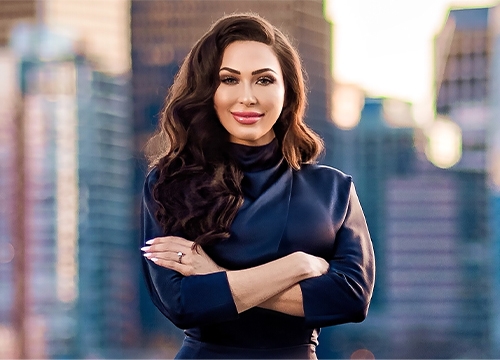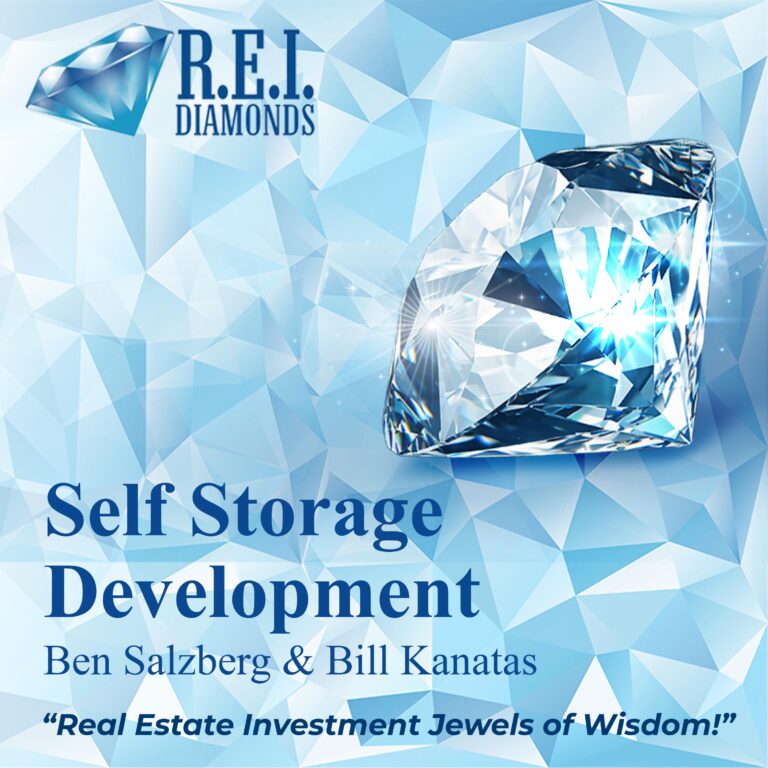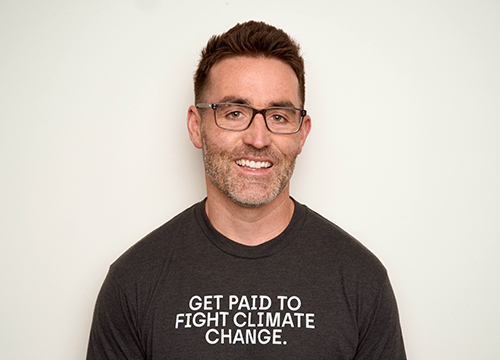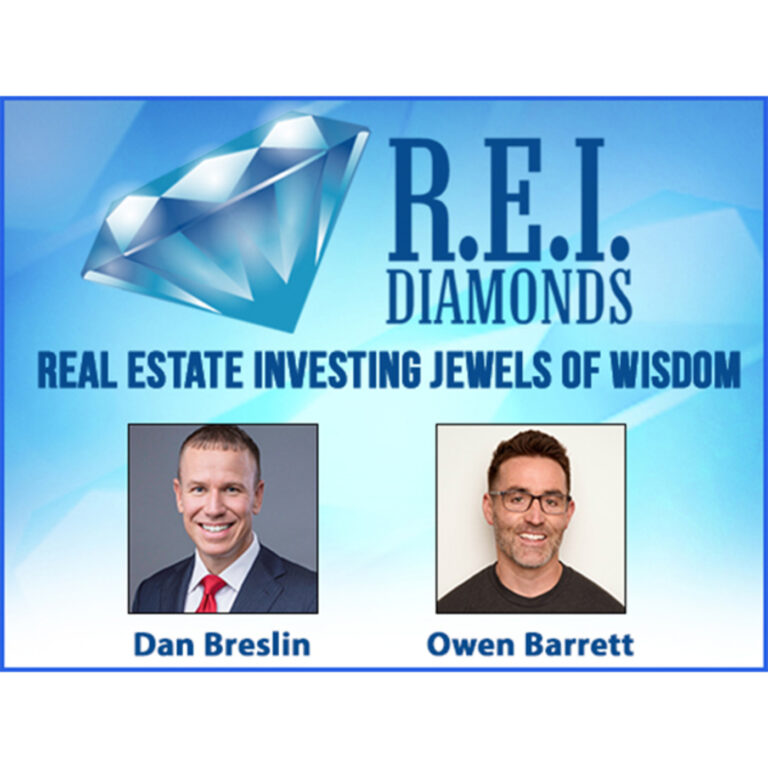
Multifamily Strategies for Success with Ava, CEO of CPI Capital
Guest: Ava Benesocky is the CEO and co-founder of CPI Capital, a successful real estate investment firm specializing in multifamily assets in the Sunbelt States. Known for her strategic approach and data-driven decisions, Ava focuses on acquiring stabilized properties and implementing targeted renovations to generate significant returns for investors. With a hold time of 3 to 5 years, she leverages growth indicators and business-friendly markets like Orlando, Jacksonville, and Tampa to capitalize on market opportunities. CPI Capital offers attractive preferred returns and provides monthly distributions, while Ava remains committed to delivering consistent results, education and value creation for investors.
Big Idea: Join us in this insightful episode as Ava, the CEO of CPI Capital, shares her expertise and experience in multifamily real estate investing. Discover how CPI Capital’s strategic investment approach and data-driven decision-making have led to remarkable returns for investors. Explore the key lessons learned, including the importance of educating investors, building trust, and addressing potential risks. Gain valuable insights into identifying value-add opportunities, navigating market conditions, and maximizing returns. Whether you’re a seasoned investor or new to real estate, this podcast provides actionable strategies and valuable information to unlock success in the dynamic world of multifamily investing.
Ava: Yes, I would love to, Daniel. I’m the CEO and co-founder of CPI Capital. It’s a real estate investment firm where our mandate is to really partner with limited partners, passive investors, to acquire institutional Multifamily Assets in the Sunbelt States. When I say institutional, I mean 100-plus stores. Our business model is very black and white. We always look for already built stabilized, cash-flowing assets that are 90% or more occupied. What we really love to do is we love to go in there and be fixing flippers on a large scale. We always look for a value-add component. Nothing crazy. We go for properties that we like to call Class B properties.
We do a lipstick renovation. Take out the flooring, add new floors, paint light fixtures, kitchen appliances. My favorite thing is to add washers and dryers to units that don’t have washers and dryers. Then we turn over the tenants. The 10% that’s not occupied, we renovate those. As we’ve done a unit, we go to the current tenants living there, and we kind of say, “Hey, for a brand-new unit, would you like to move in for a $150 premium?” In most cases, they say, “Yes.” This is where the numbers start to get really exciting for investors because this is what we call our CPI Capital wealth creation system. It’s this forced appreciation aspect of how you can literally take one of these multifamily assets. Do these lipstick renovations, turn over the tenants, and increase the value by millions and millions of dollars in the first one to two years of owning the asset.
Daniel: Good stuff. The washers and dryers, 100 units with washers and dryers does what to the water bill?
Ava: Oh, that’s a good question. I’ll tell you one thing it does. Well, we have a community washer and dryer as it is, right? Everybody has all their laundry in the community washer and dryer. When we put it in the unit, it can actually increase the rent up to $50 to $60 per unit. To put it into perspective, say on a 200-unit, if you’re doing all these renovations and you’re increasing a unit by $150 a unit, you can increase the value by about 10 million dollars in the first two years of owning the asset. That’s just forced appreciation. Now, we also purchase in regions that are significantly growing: job growth, population growth, income growth, and rent growth. You’ve got that natural market appreciation as well. We kind of get the best of both worlds. I like to tell investors when I’m kind of explaining the business model.
This Episode of The REI Diamonds Show is Sponsored by the Deal Machine. This Software Enables Real Estate Investors to Develop a Reliable & Low Cost Source of Off Market Deals. For a Limited Time, You Get Free Access at http://REIDealMachine.com/
This Episode is Also Sponsored by the Lending Home. Lending Home Offers Reliable & Low Cost Fix & Flip Loans with Interest Rates as Low as 9.25%. Buy & Hold Loans Offered Even Lower. Get a FREE IPad when you Close Your First Deal by Registering Now at http://REILineOfCredit.com
Resources mentioned in this episode:
For Access to Real Estate Deals You Can Buy & Sell for Profit:
https://AccessOffMarketDeals.com/podcast/
Ava Benesocky & I Discuss Clean Tech Meets Real Estate:
-
The “fixing flippers” strategy: Learn how CPI Capital implements targeted cosmetic renovations to enhance property values and rental rates, generating substantial returns for investors.
-
Market selection and growth indicators: Discover Ava’s investment philosophy centered around identifying markets with robust growth indicators, such as population growth, job growth, income growth, and rent growth. Gain insights into the business-friendly states and regions where CPI Capital focuses their investments.
-
Investment returns and metrics: Understand the distinction between preferred return and annualized return, and the importance of grasping the true metrics of investment performance. Explore CPI Capital’s goal of doubling investors’ money within five years and their pursuit of above-average returns..
-
Portfolio overview and market readiness: Learn about CPI Capital’s portfolio of nearly 1,000 rental units and their cautious approach in pursuing buying opportunities, particularly in the Florida market. Discover the strategies they employ to mitigate risks and avoid capital calls.
-
Capitalizing on distressed assets: Explore the potential for acquiring properties at a significant discount due to distress and motivated sellers. Gain insights into CPI Capital’s investment strategy and their focus on value-add opportunities in the real estate market.
Relevant Episodes: (There are 224 Content Packed Interviews in Total)
- Johnny Wolff on how to Unlock Passive Wealth with Real Estate and Innovation
- How to Avoid Capital Gains Tax Using a Deferred Sales Trust or Like Kind Exchange with Carl Worden
- Land Entitlement Process for Multi Family Development with Reed Goossens
- Investing in Multi Family Properties-150 to 300 Unit Deals with Chris Larsen
The transcript of this episode can be found here.
Transcripts of all episodes can be found here.







